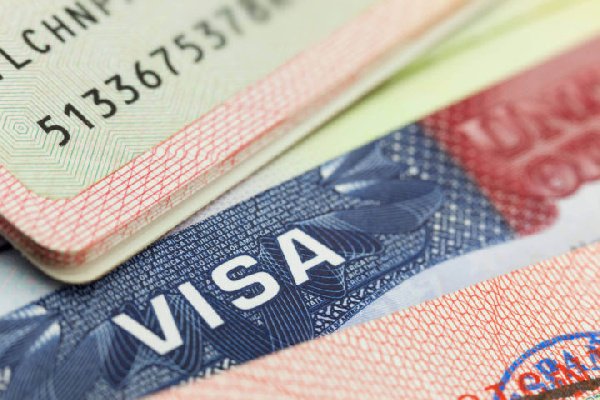Entrepreneurs, the hard-working backbone of business, often find their growth prospects stunted by visa rejections, particularly depending on their region of origin.
This impediment not only limits the expansion of African businesses but also fosters a reliance on domestic markets, hindering economic advancement.
Beyond economic pursuits, Africans seeking travel for leisure, education, or simply visiting purposes also encounter visa rejections, exacerbating feelings of isolation and exclusion. To address this issue, governments must prioritize visa liberalization, streamline application procedures, and combat discriminatory practices.
This raises the question: which African countries are most affected by visa complications?
According to a recent report by Henley and Partners, ranking the 10 countries in the world with the highest Schengen visa rejection rates, “Africa accounted for seven of the top ten countries with the highest Schengen visa rejection rates in 2022.”
“Globally, the absolute number of Schengen visa applications decreased from 16.7 million in 2014 to 7.6 million in 2022, representing a decline of almost 9 million applications. In other words, the global number of Schengen visa applications declined by nearly 54.7%,” the report reads.
However, “African visa applicants face more severe restrictions compared to applicants from other regions, resulting in a disproportionately high rejection rate. In 2022, Africa topped the list of rejections with 30% or one in three of all processed applications being turned down, even though it had the lowest number of visa applications per capita,” the report adds.
With that said here are the 5 African countries with the highest Schengen visa rejection rates.
1. Algeria / 392,053 / 179,409 / 45.8%
2. Guinea-Bissau / 7,990 / 3,611 / 45.2%
3. Nigeria / 86,815 / 39,189 / 45.1%
4. Ghana / 42,124 / 18,363 / 43.6%
5. Senegal / 56,866 / 23,683 / 41.6%
Guinea and Mali, the remaining two countries on the list, have rejection rates of 40.6% and 39.9%, respectively.

